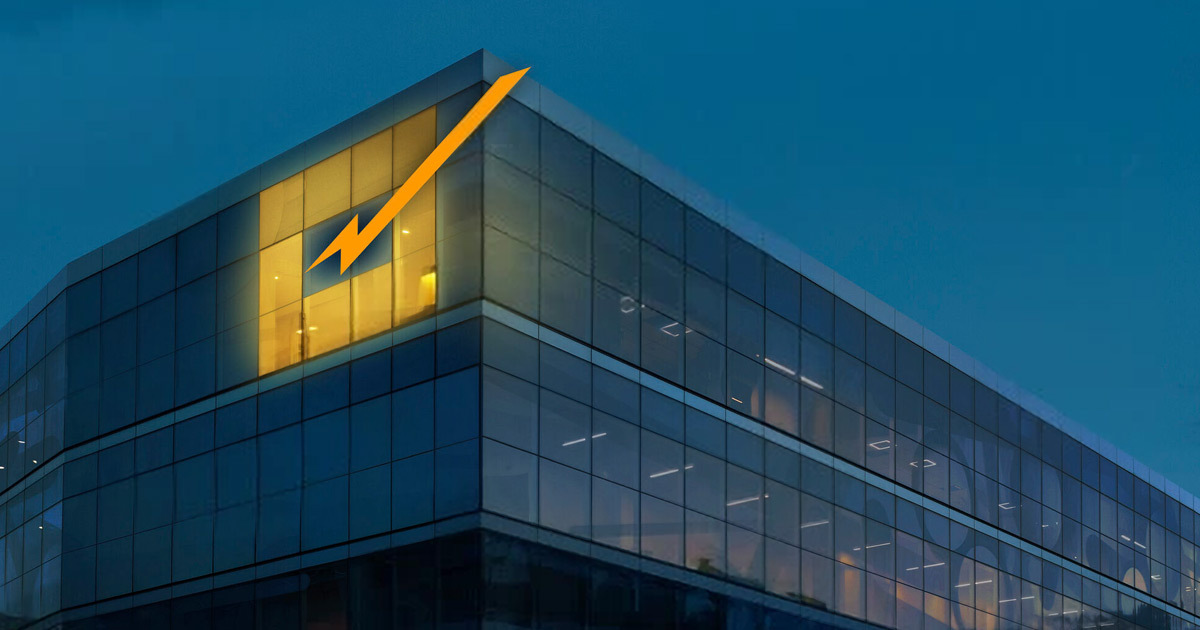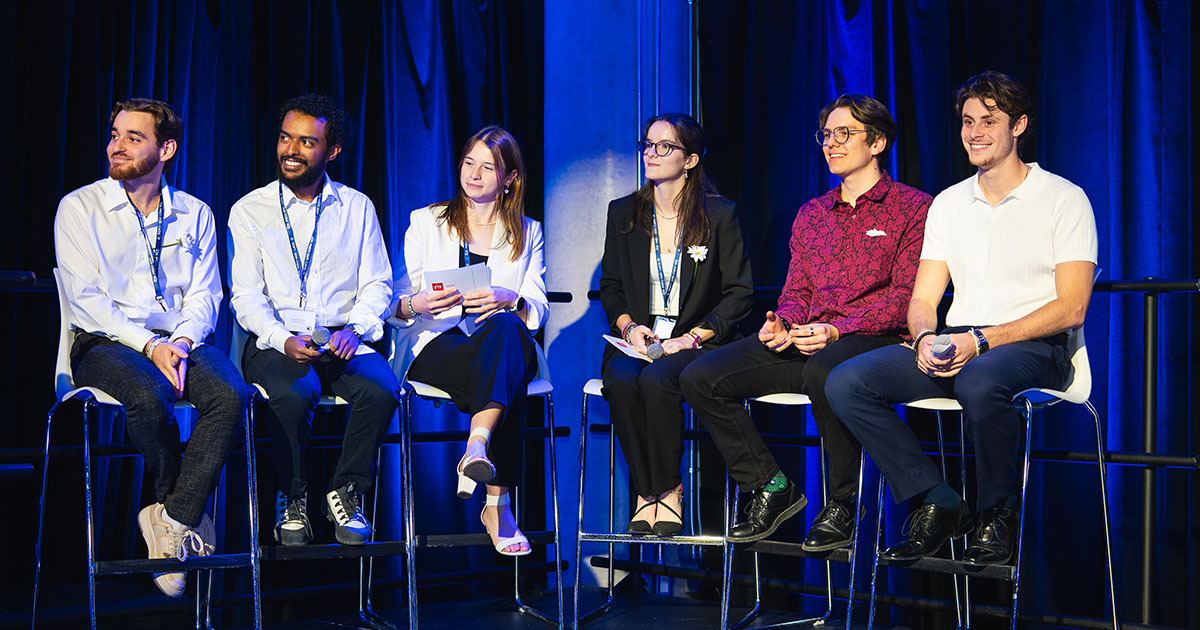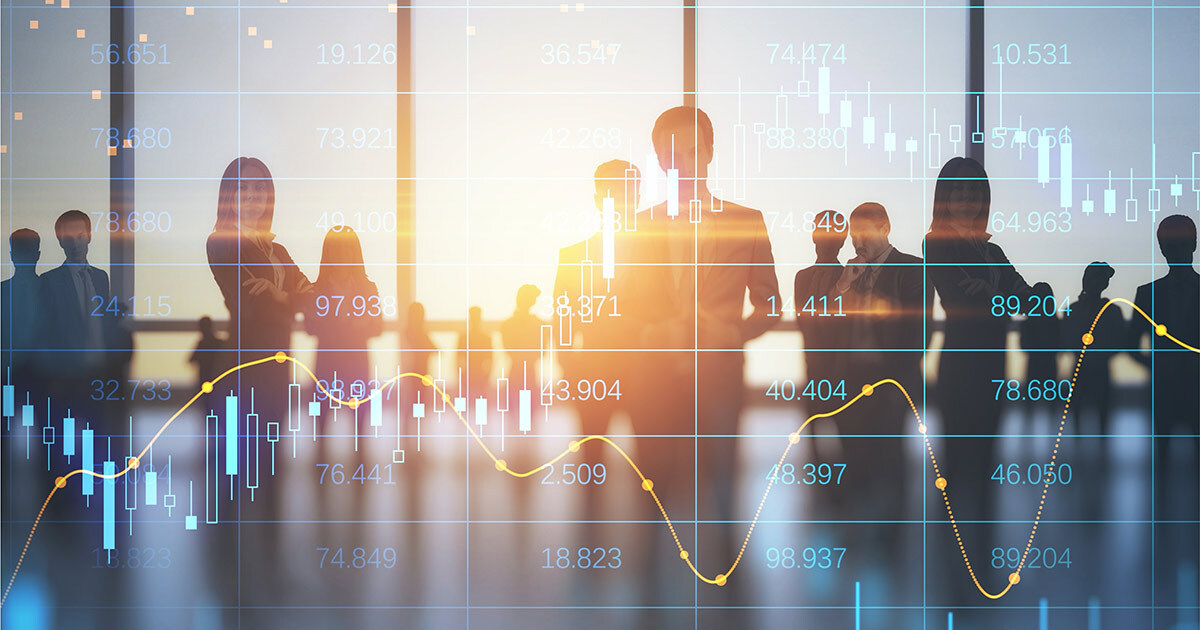
Last autumn, a group of six people from South Pacific islands (Fiji, Marshall Islands, Papua New Guinea, Samoa and Vanuatu) spent six consecutive weeks in Montréal, perfecting their knowledge and analyzing water samples. This project was initiated by Florent Barbecot of UQAM, with the participation of Janie Masse-Dufresne of ÉTS and other members of the Geotop group (Research Centre in Earth System Dynamics). Its focus was to develop technical skills and create a network of collaboration and scientific support.
The participants, professionals from different backgrounds, received customized theoretical and practical information to help them assess the water resources of their respective countries. These islands are not affected in the same way by climate change, and their terrain differs both in terms of geology and water resources.
Better Assessment for Better Decision-Making

These countries received equipment under an International Atomic Energy Agency program. The purpose of the stay in Montreal was, in particular, to learn how to use and maintain the equipment. Among the equipment covered at ÉTS were multiparameter probes (temperature, electrical conductivity, water pH) as well as flow and water-level probes.
Analyses of water’s electrical conductivity and major ions (dissolved cations and anions) are crucial in the context of the Pacific islands. There, freshwater is often very close to seawater, and thus susceptible to contamination by saltwater intrusions in certain areas.
Collaboration and Support for Future Decision-Making
Climate change will lead to the migration of South Pacific island populations to other islands higher above sea level. Assessing water resources is therefore imperative to determine which regions can support a growing population.
This trip initiated a lasting collaboration, as the participants are expected back in winter 2026.
Bula!



